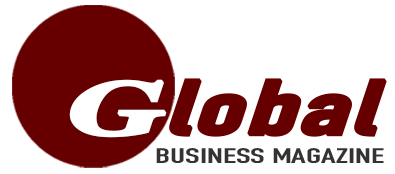South Korea’s central bank held its policy rate at 2.75% Thursday, as it aims to shore up its currency even as it warned growth was likely to miss its earlier forecast.
This was in line with a Reuters poll of economists that forecast the bank to keep rates unchanged.
The Bank of Korea said in its monetary policy statement that the decision was taken so it could further assess any changes in domestic and external conditions.
This was due to its high uncertainty regarding its economic outlook, due to changes in U.S. tariff policies and the implementation of government stimulus measures.
The South Korean government had drafted a 12 trillion won ($8.45 billion) supplementary budget on April 15, which included increased support for the country’s critical semiconductor industry.
The BOK also said “it is necessary to remain cautious about the impact of heightened exchange rate volatility along with the possibility of a rebound in household debt under accommodative monetary conditions.”
U.S. President Donald Trump’s “liberation day” announcements on April 3, Asia time, saw the South Korean won whiplash in the following days.
It first strengthened to hit a then-five week low of 1,429.52 against the dollar on April 4, before weakening drastically to reach a 16-year high of 1,487.3 on April 9, before strengthening once again to reach a low of 1,411.39 on April 16, its lowest against the greenback since December 2024.

The BOK noted domestic economic growth has been weaker than expected, as domestic demand and exports have both slowed due to prolonged political uncertainties and deteriorated trade conditions. As such, the GDP growth for 2025 is expected to fall below the February forecast of 1.5%.
The BOK said it will continue to maintain a “rate cut stance,” and will adjust the timing and pace of any further cuts depending on its domestic and external policy environments.
U.S. tariffs and presidential election ahead
The decision comes as the country also grapples with U.S. tariffs and prepares for a snap presidential election.
On Tuesday, South Korea’s Finance Minister Choi Sang-mok reportedly told parliament that the country would seek to delay the implementation of tariffs as long as possible in negotiations with the U.S.
Choi also said this was to help reduce uncertainty that South Korean businesses face in the global markets, Reuters reported.
South Korea has been hit with a 25% tariff on automobiles, as well as on steel and aluminum. South Korea’s Hyundai and Kia are among the top eight best-selling brands in the U.S., and the country is the fourth largest exporter of steel to the U.S.
Asia’s fourth-largest economy was also hit with a 25% “reciprocal” tariff by U.S. President Donald Trump, although this has been suspended for 90 days, outside of a 10% baseline tariff.
The move also comes as South Korea goes to the polls to elect a new president on June 3, after Yoon Suk Yeol was removed from office on April 4 over his short-lived martial law declaration in December.
The country’s Kospi stock index rose 0.56% after the announcement, while the won weakened 0.58% to trade at 1,422 against the dollar.
By CNBC
